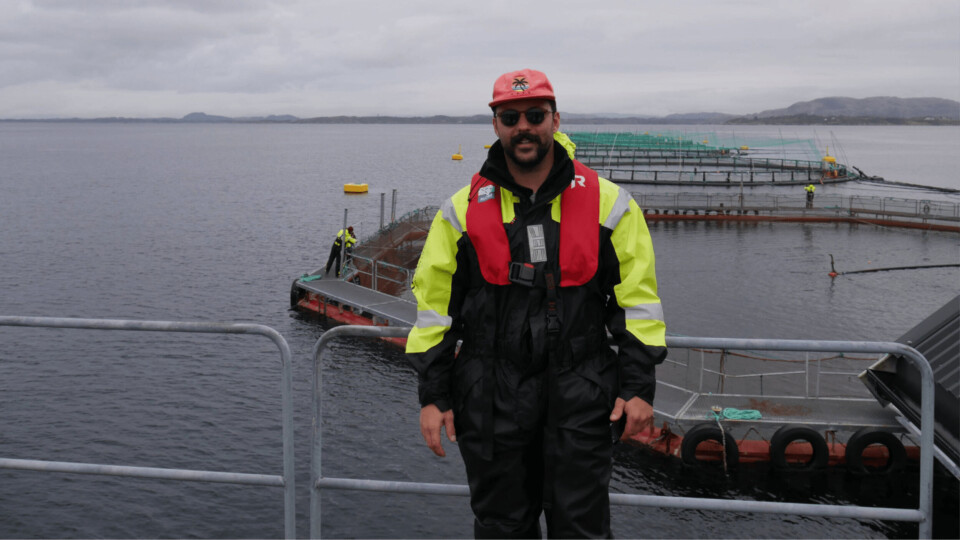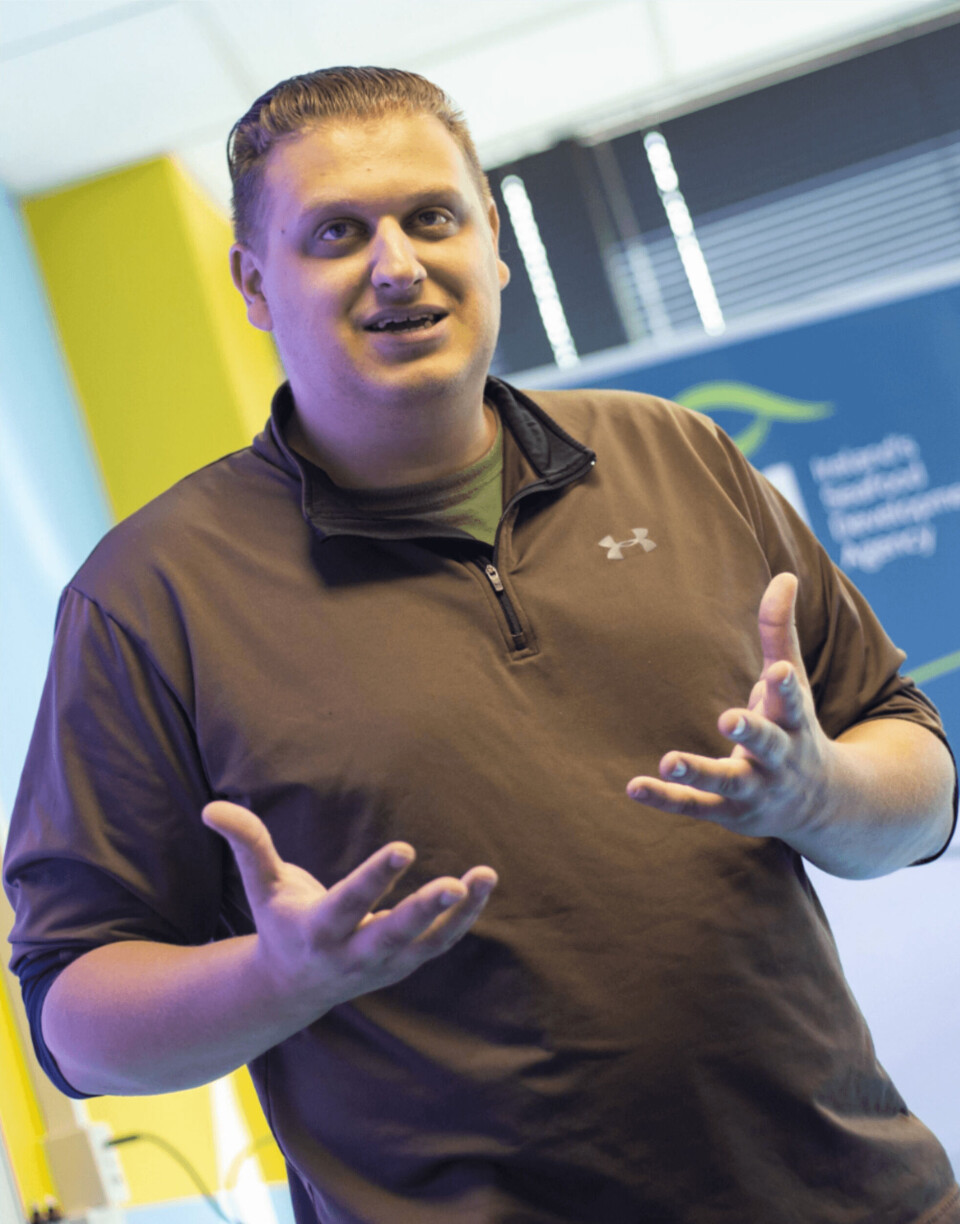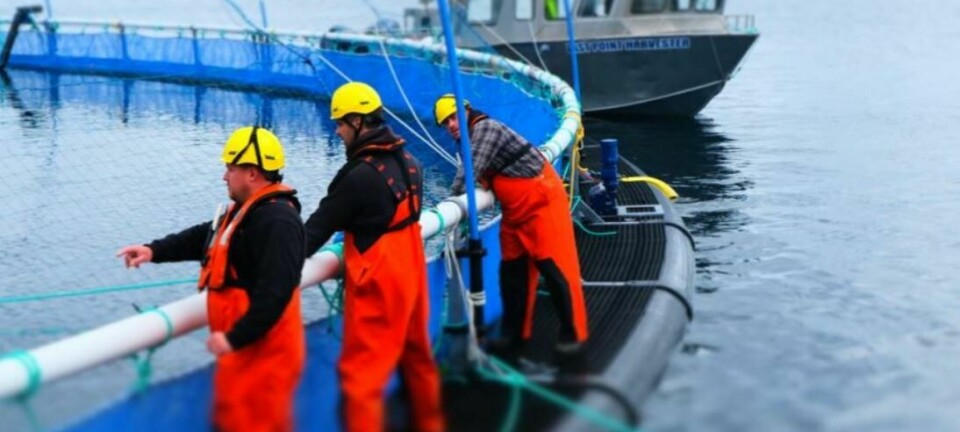
$1.7m for firm working on bacteria-based anti-lice feed
A US biotechnology company that recently took part in an aquaculture accelerator programme in Ireland has raised $1.7 million to fund work that includes targeting sea lice with specific bacteria incorporated into feed.
Prospective Research Inc, based in Boston, aims to provide solutions to replace antibiotics and other medicated feed in aquaculture.
It employs specific bacteria paired with microbial signalling molecules to modulate bacterial behaviour and provide preventative solutions against harmful bacteria and parasites found in fish, shrimp and shellfish.

Speaking bacteria’s language
In a press release, co-founders Dakota Hamil (chief executive) and Jake Cotter (chief operating officer) said: “We are excited to be building products that will solve real problems in the industry in a non-intrusive, cost effective, and natural way.
“Bacteria have been around for a lot longer than we have and we’ve spent the past few years learning to speak their language. Being able to influence the behaviour of a group of organisms that’s been perfecting its chemistry over billions of years is yielding promising results.
“Our major focuses right now for product development are on EMS in shrimp and sea lice in salmon. We believe we can have the greatest impact in the shortest time-frame in these particular sectors.”
Experienced investor
The $1.7m the company has received is described as Series A funding - the name typically given to a company's first significant round of venture capital financing.
Prospective Research is part of the Hatch Aquaculture Accelerator portfolio of disruptive aquaculture technology companies and a graduate of the accelerator cohort 2018 in Cork, Ireland.
Hatch chief executive Carsten Krome said: “It is fantastic to see another one of our companies receive institutional funding from an experienced investor.
“We’re excited for the team at Prospective Research, they have a good shot at revolutionising the multi-billion-dollar industry of disease management while making aquaculture more sustainable by reducing the need for antibiotics even further.”






















































